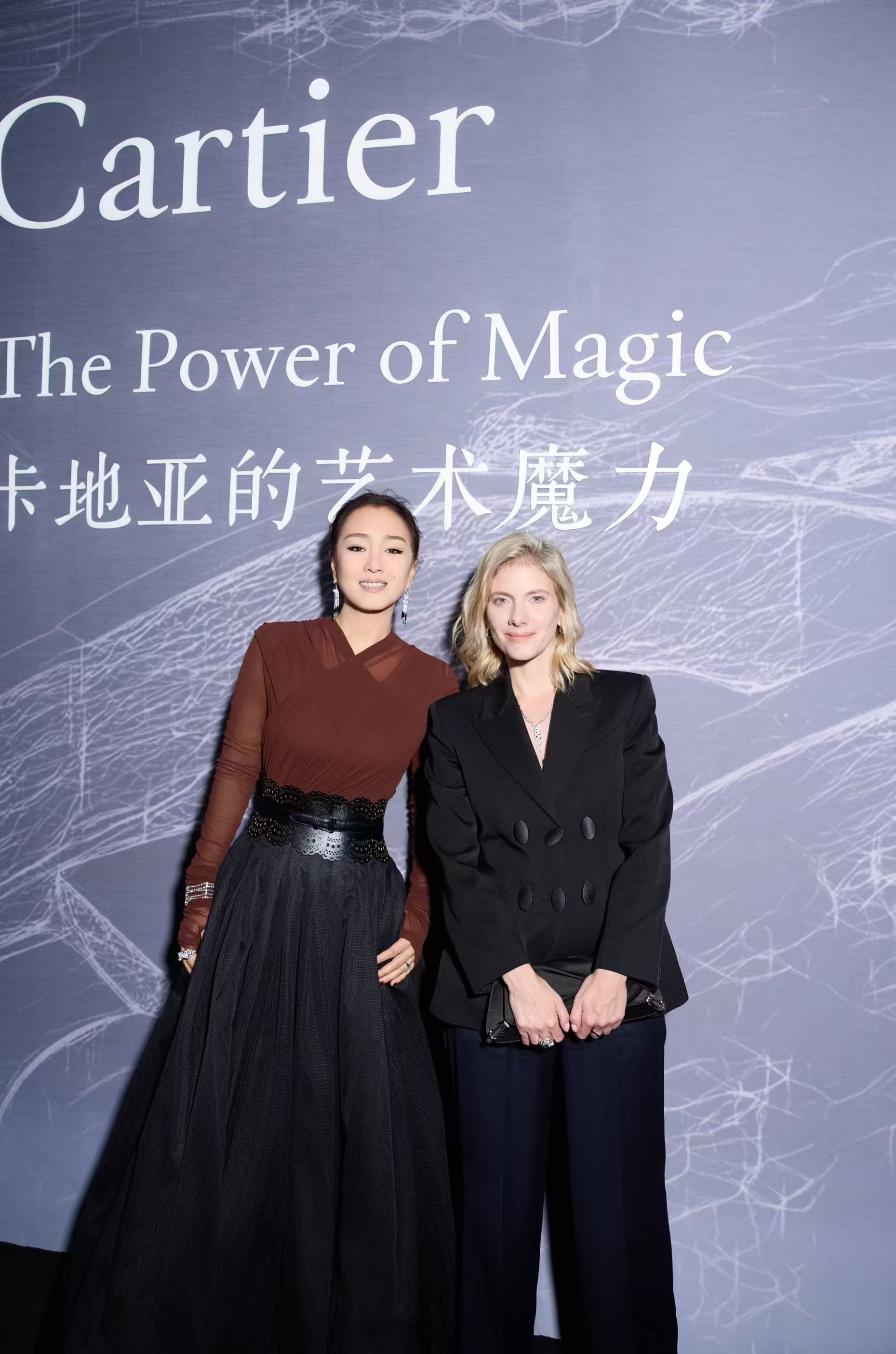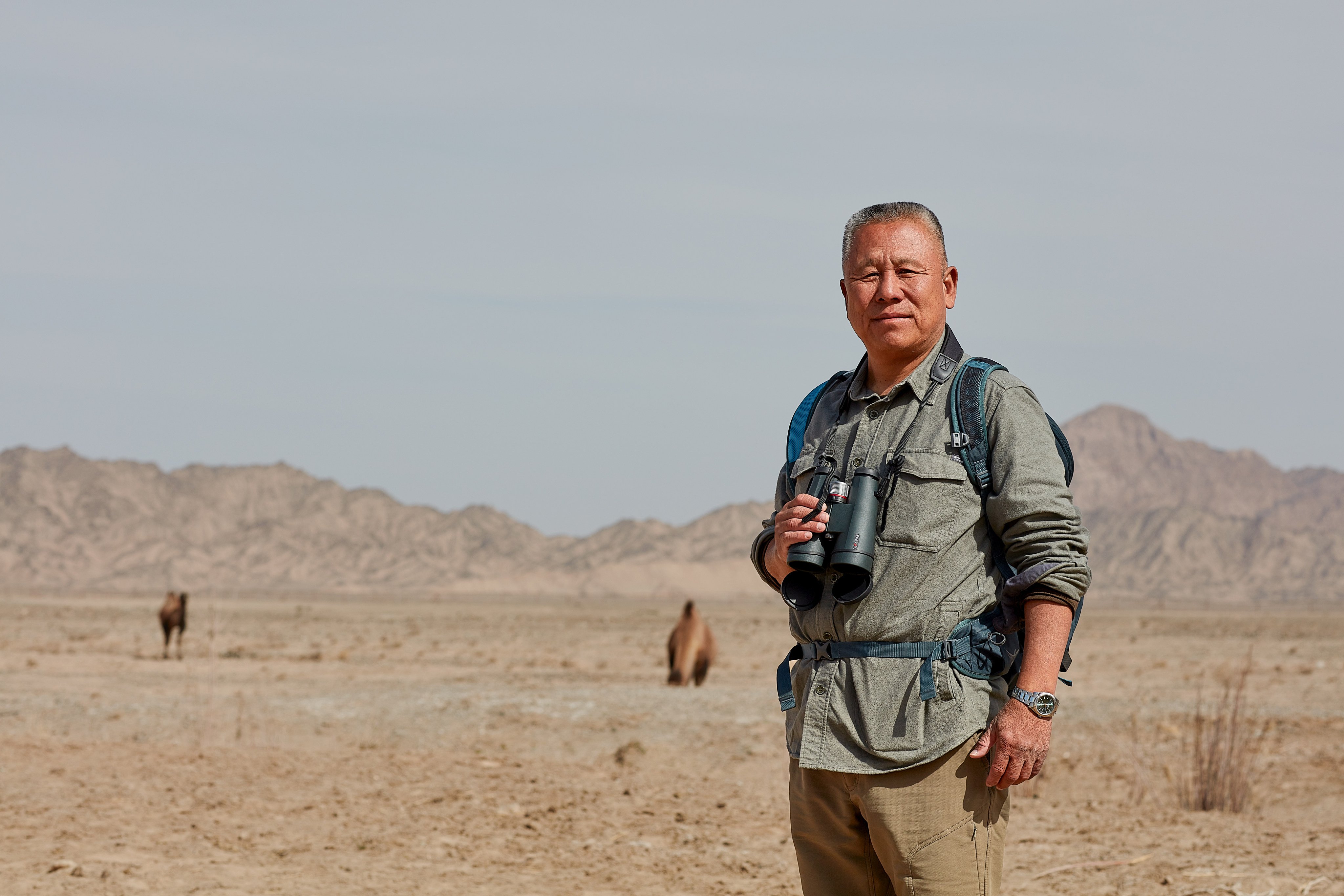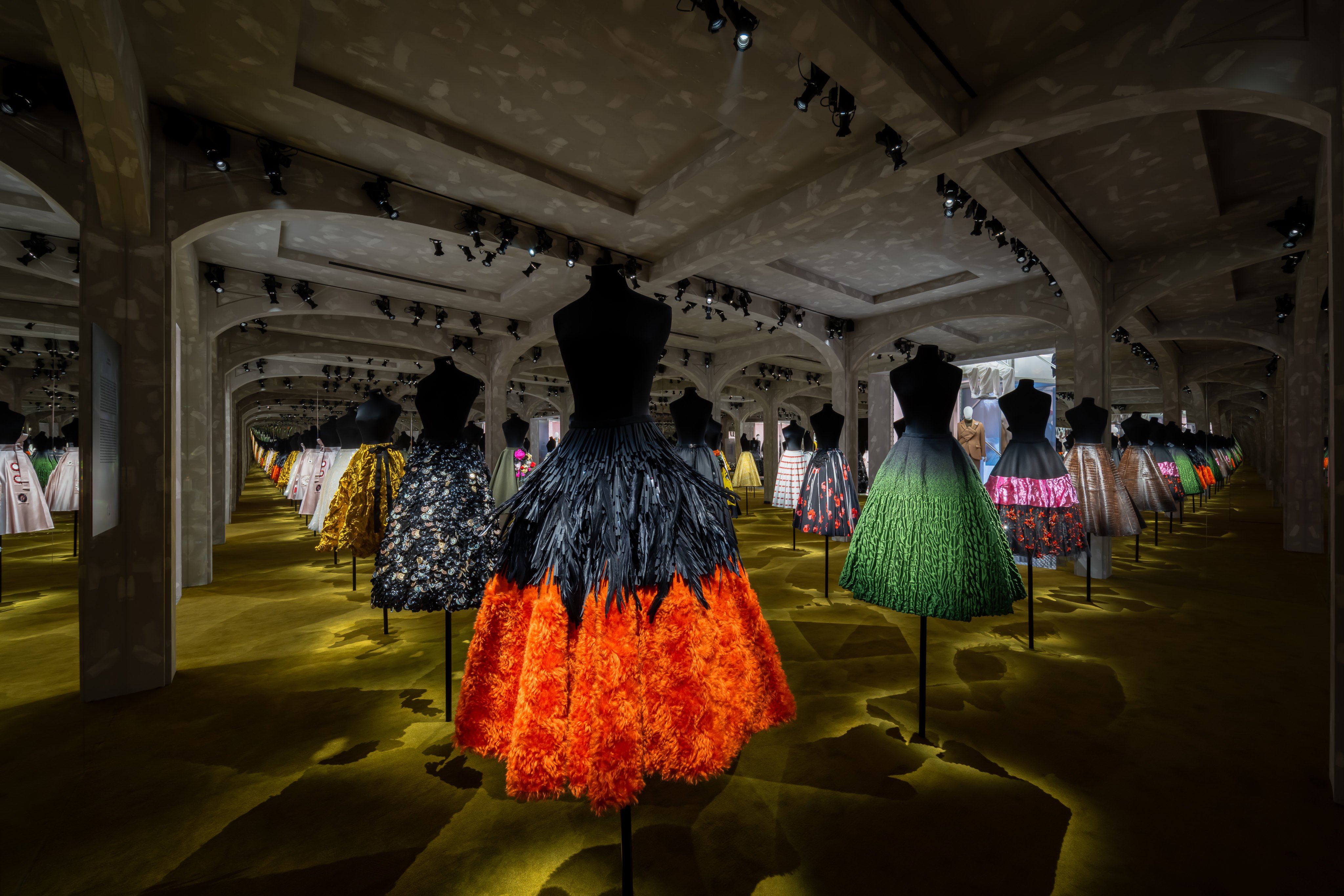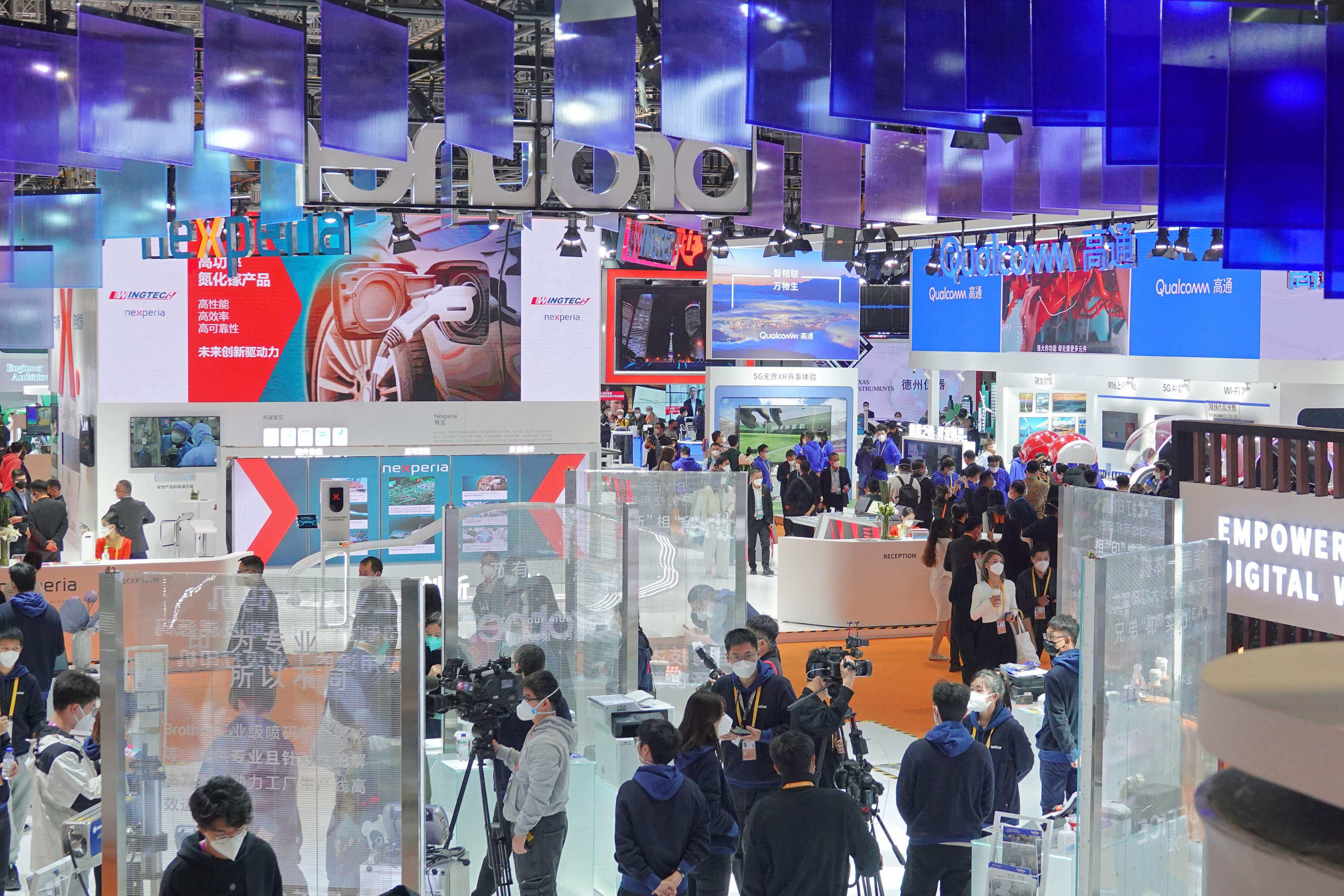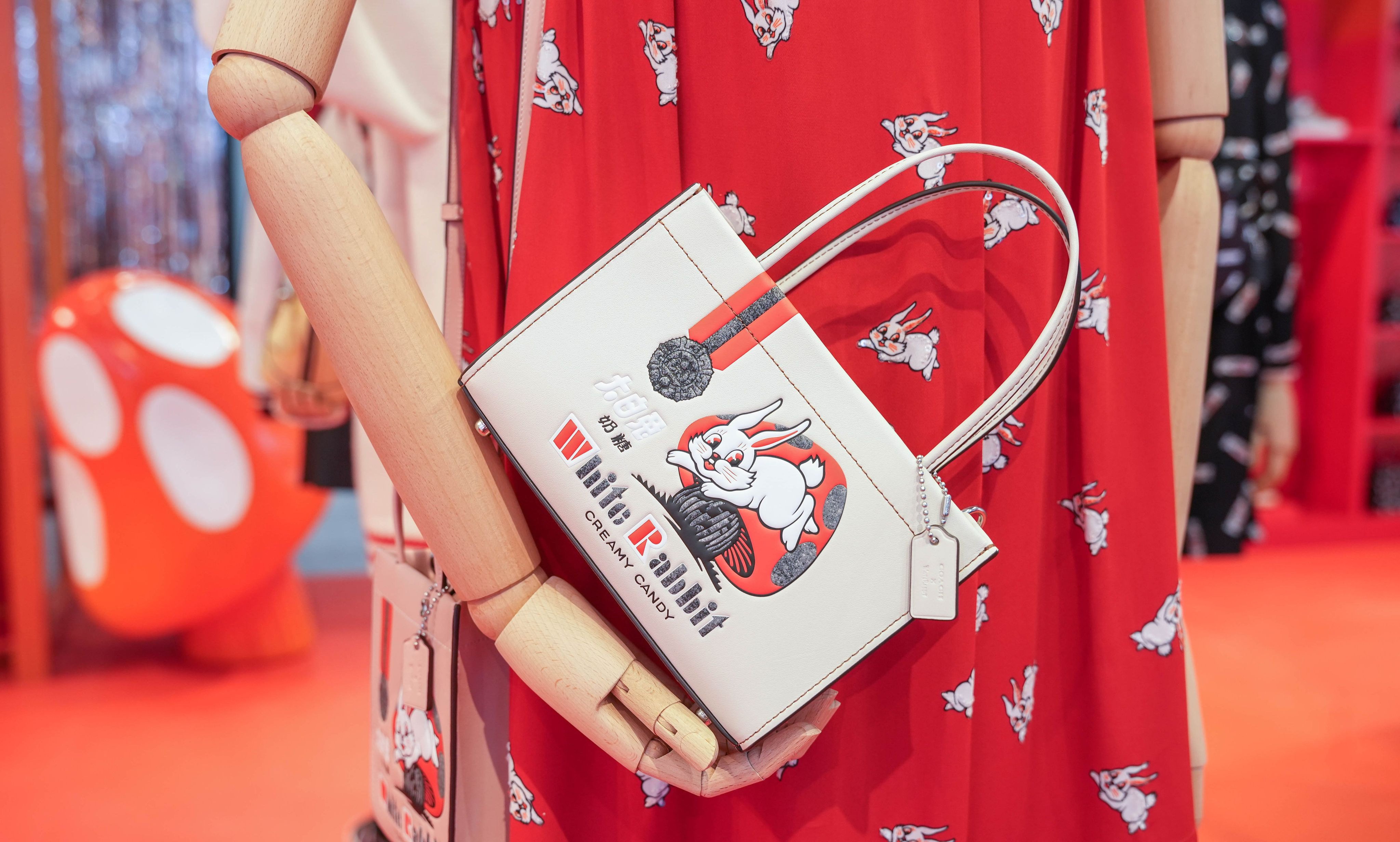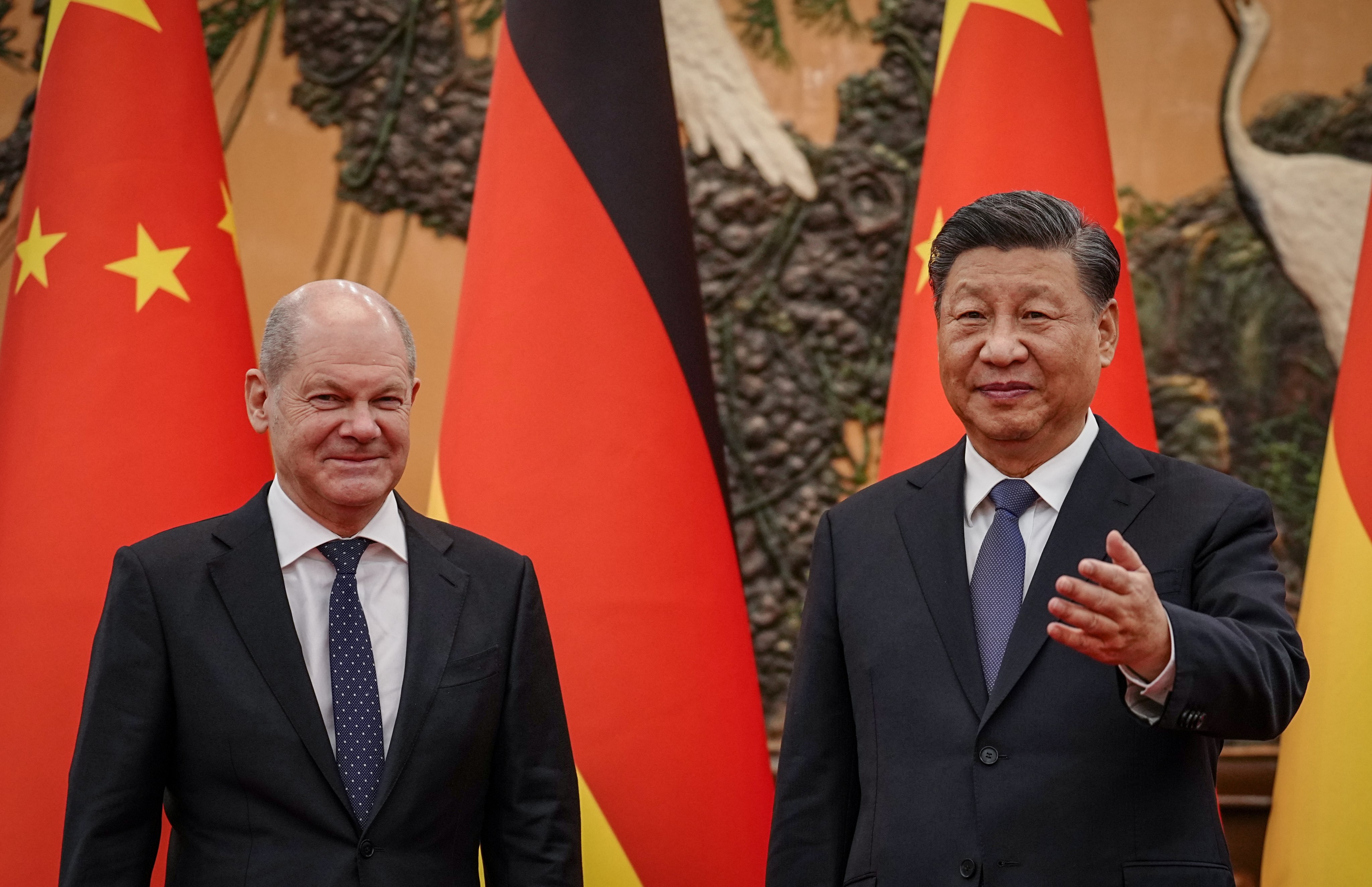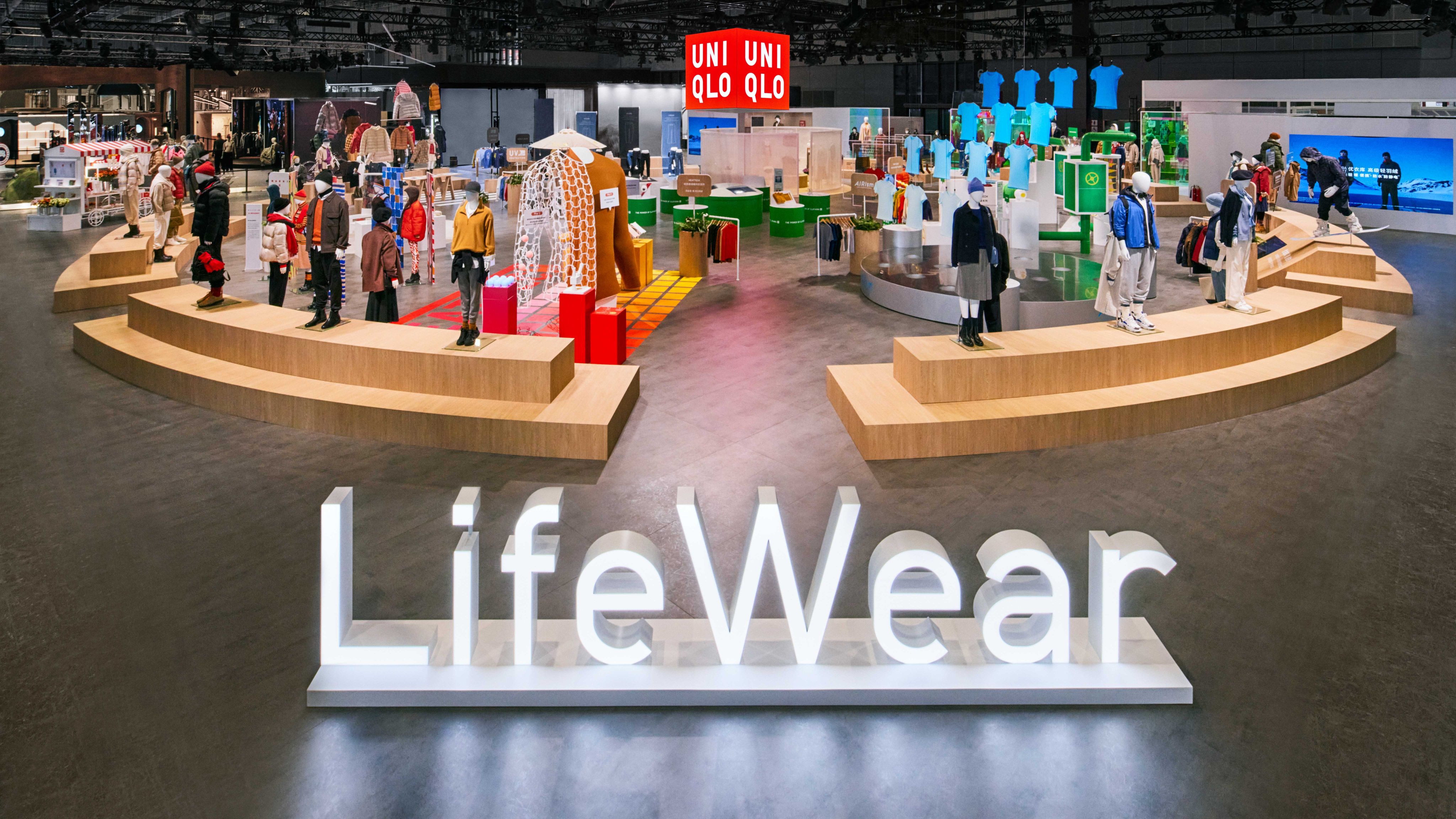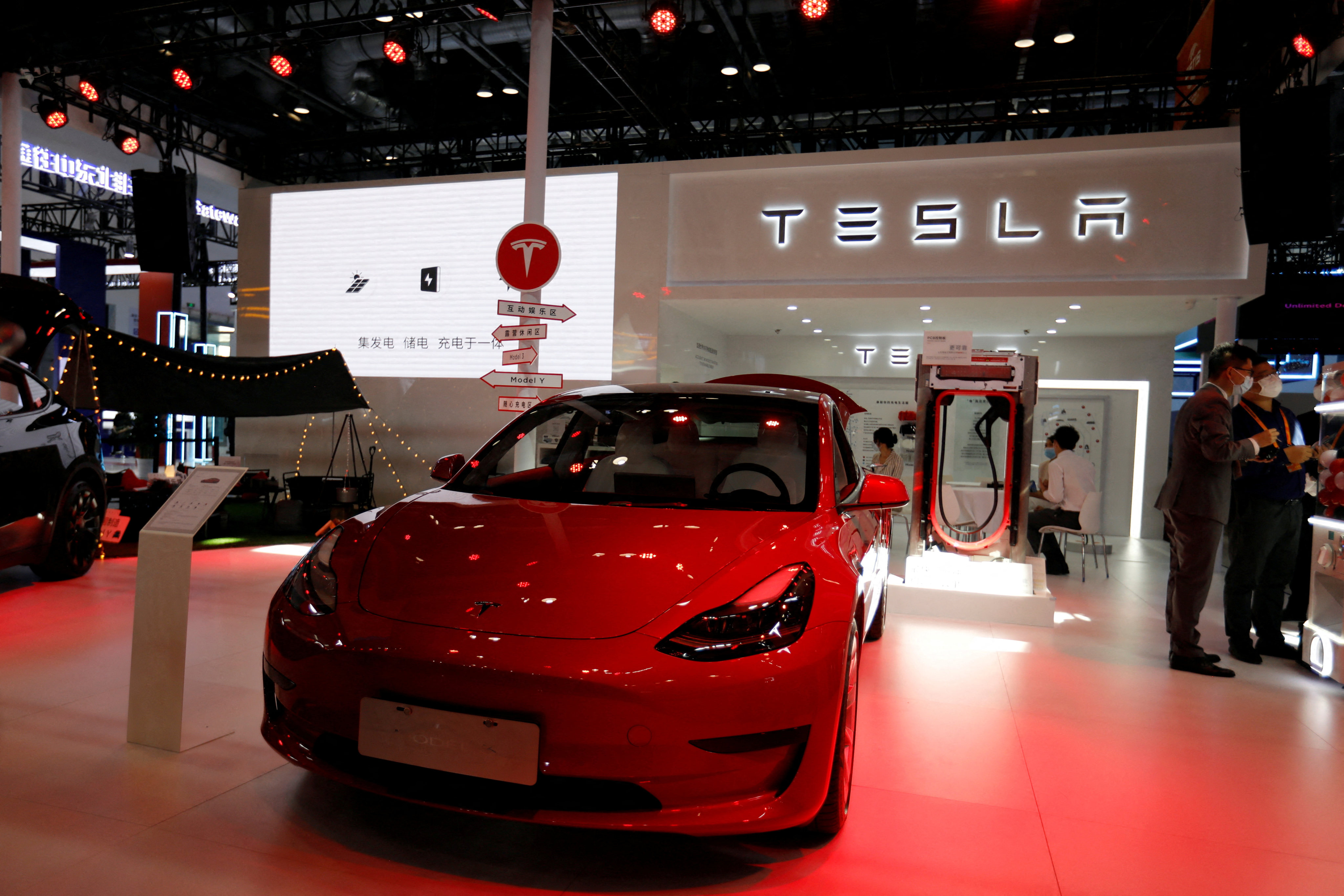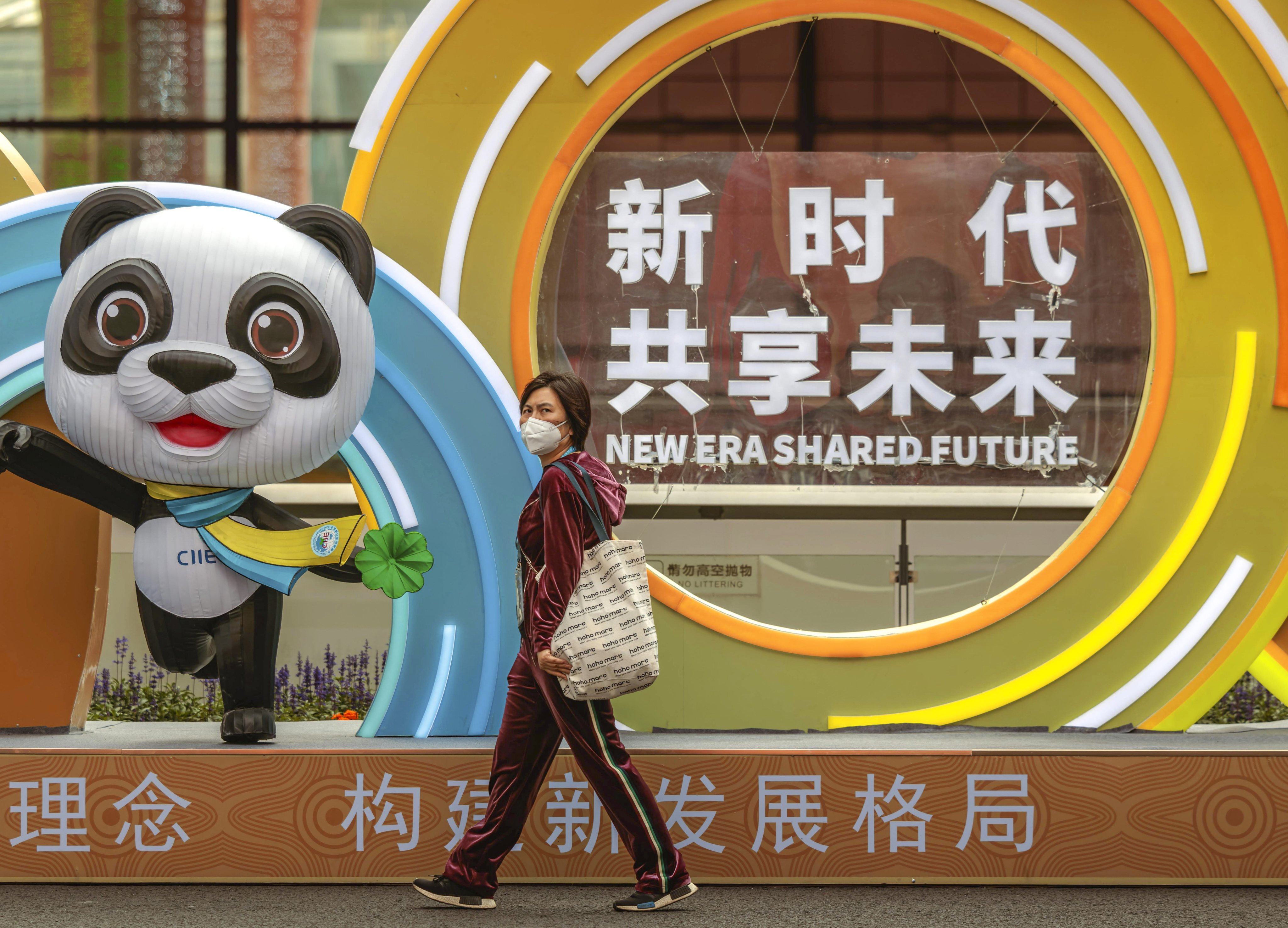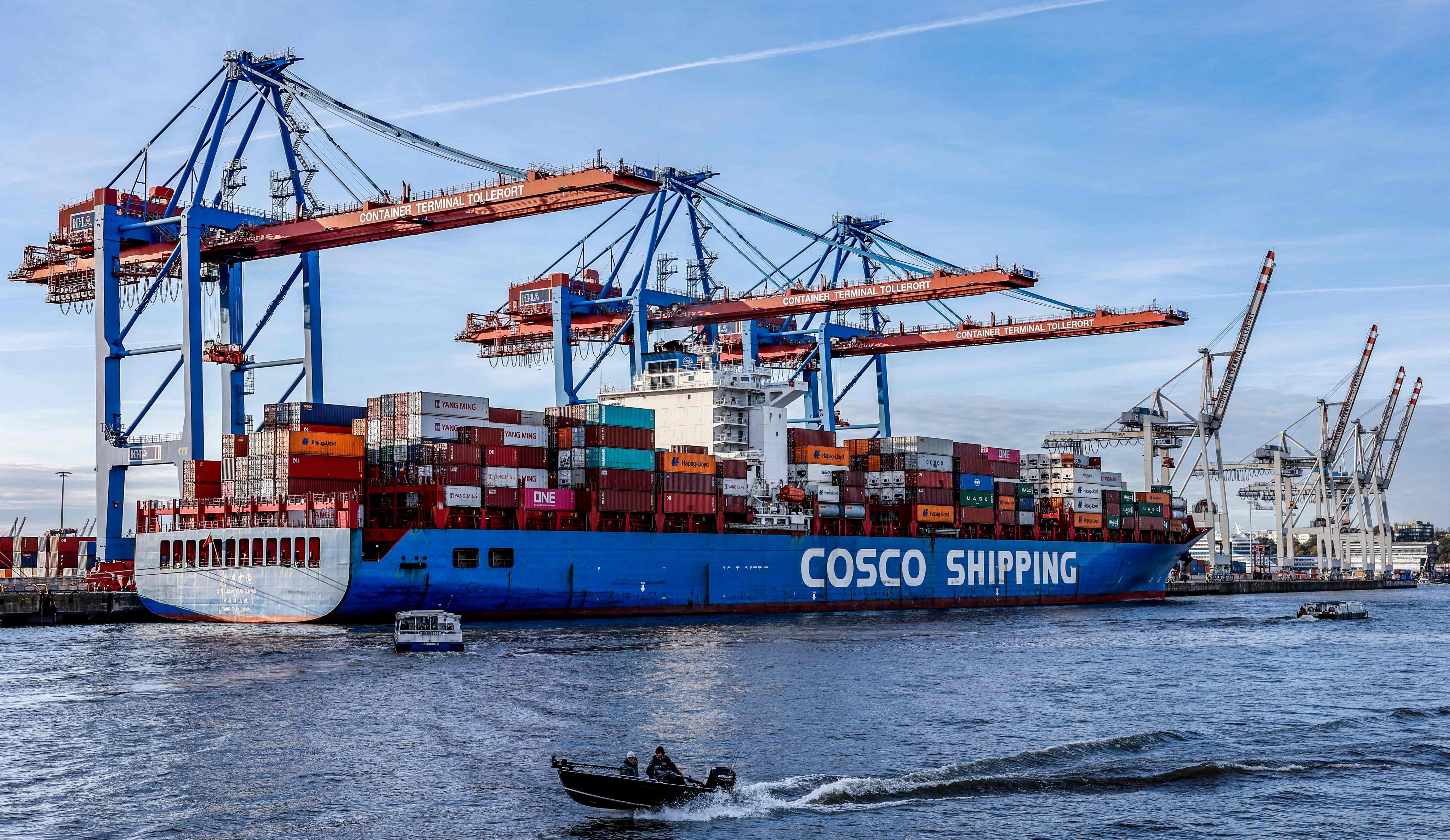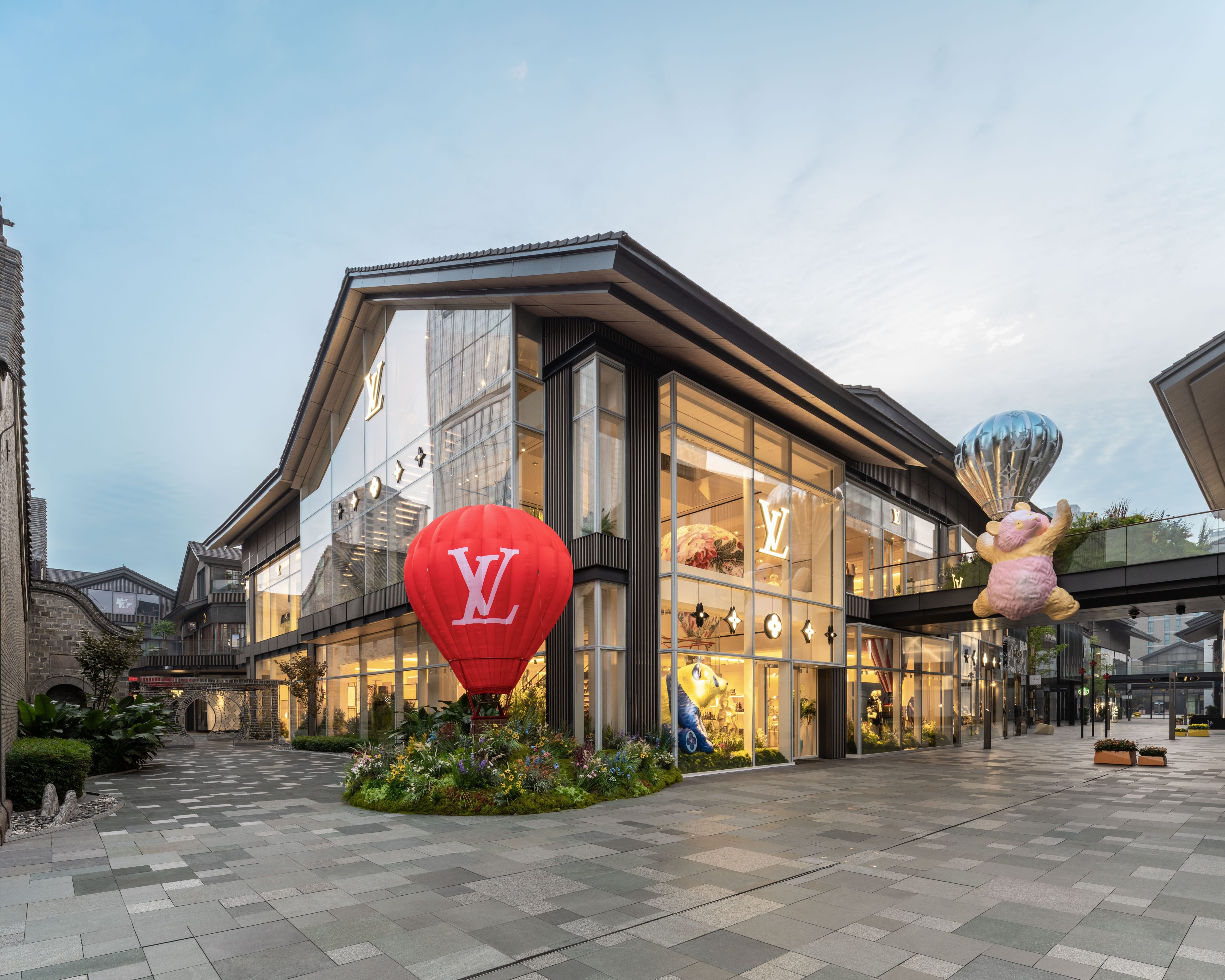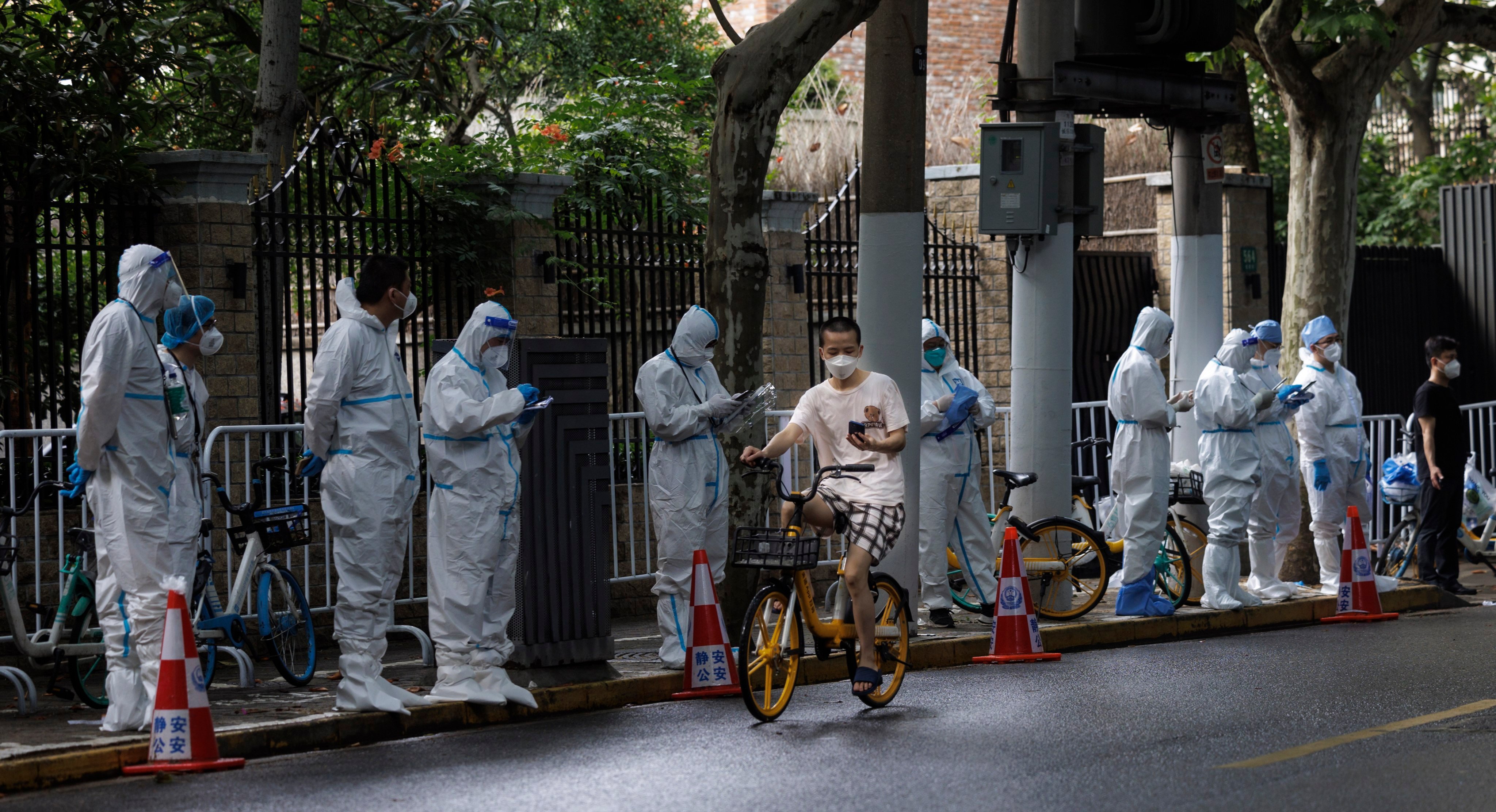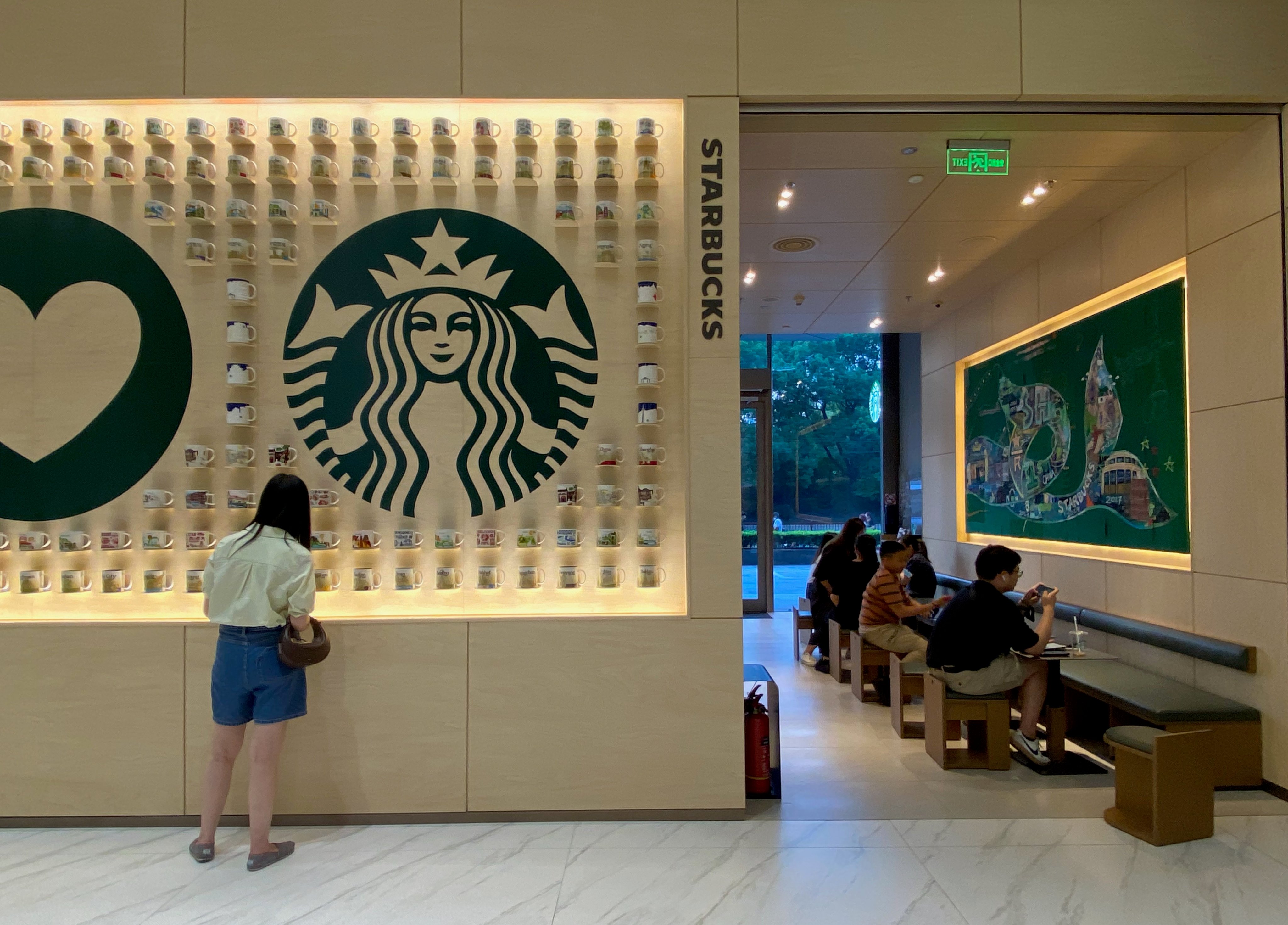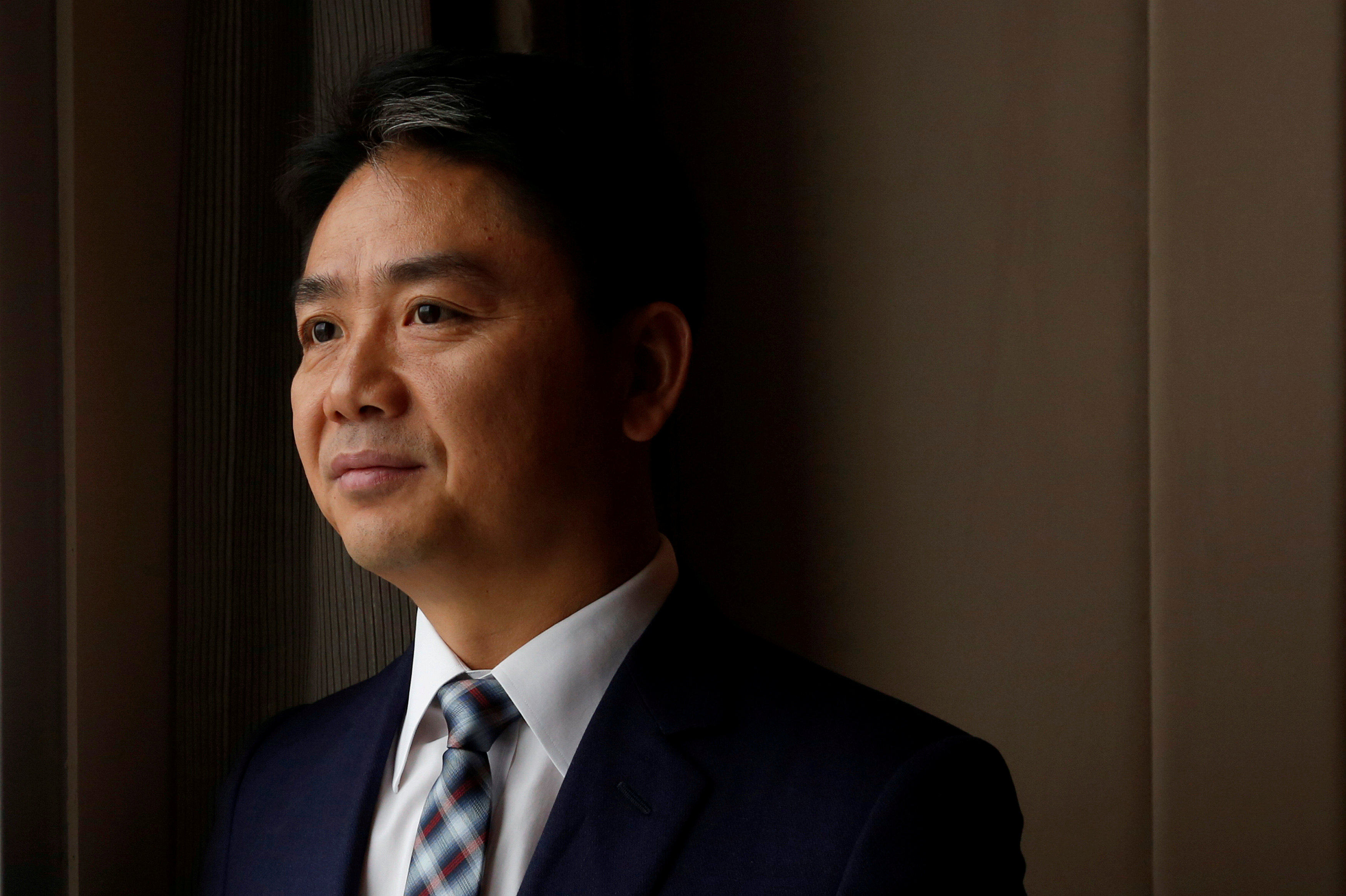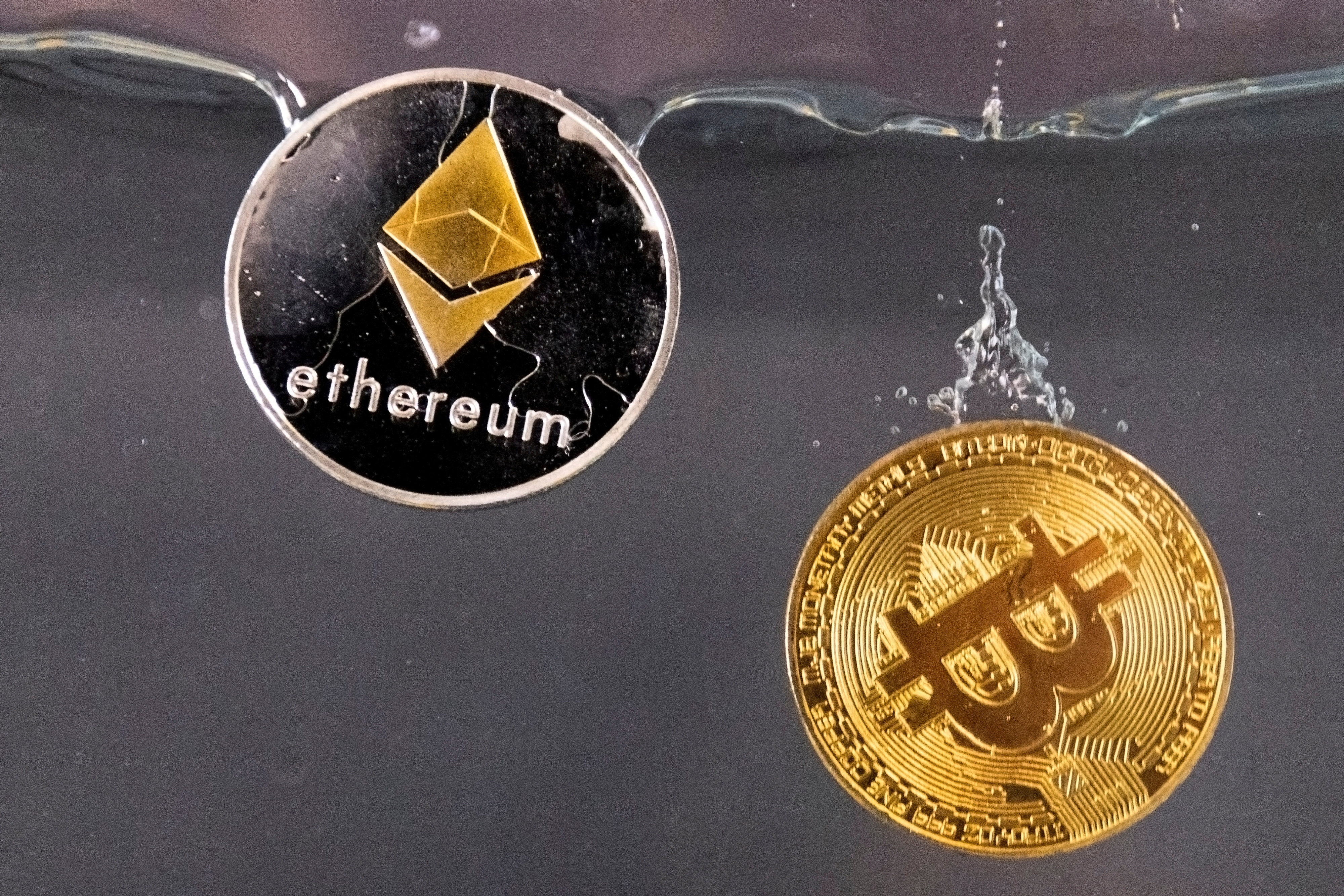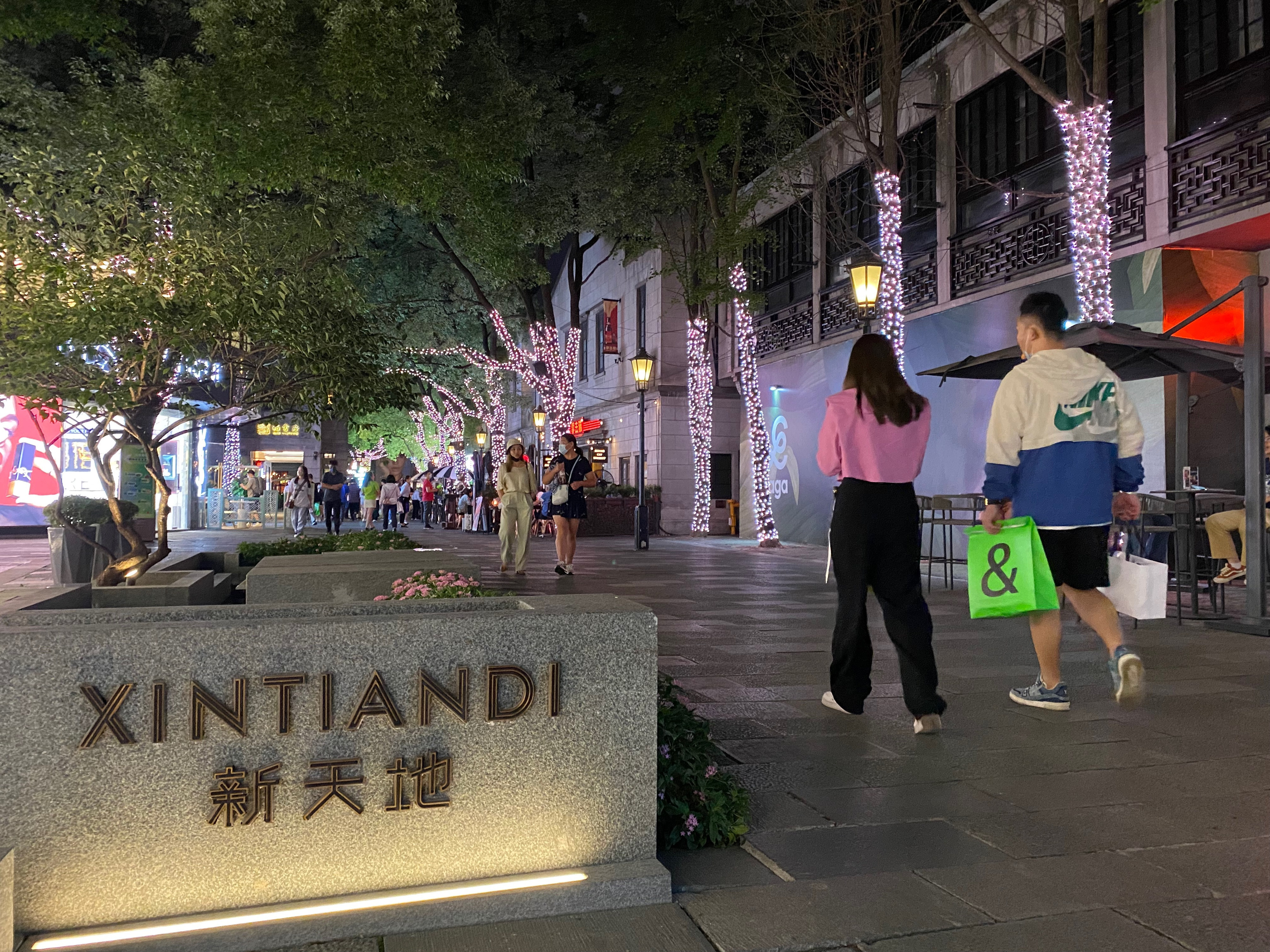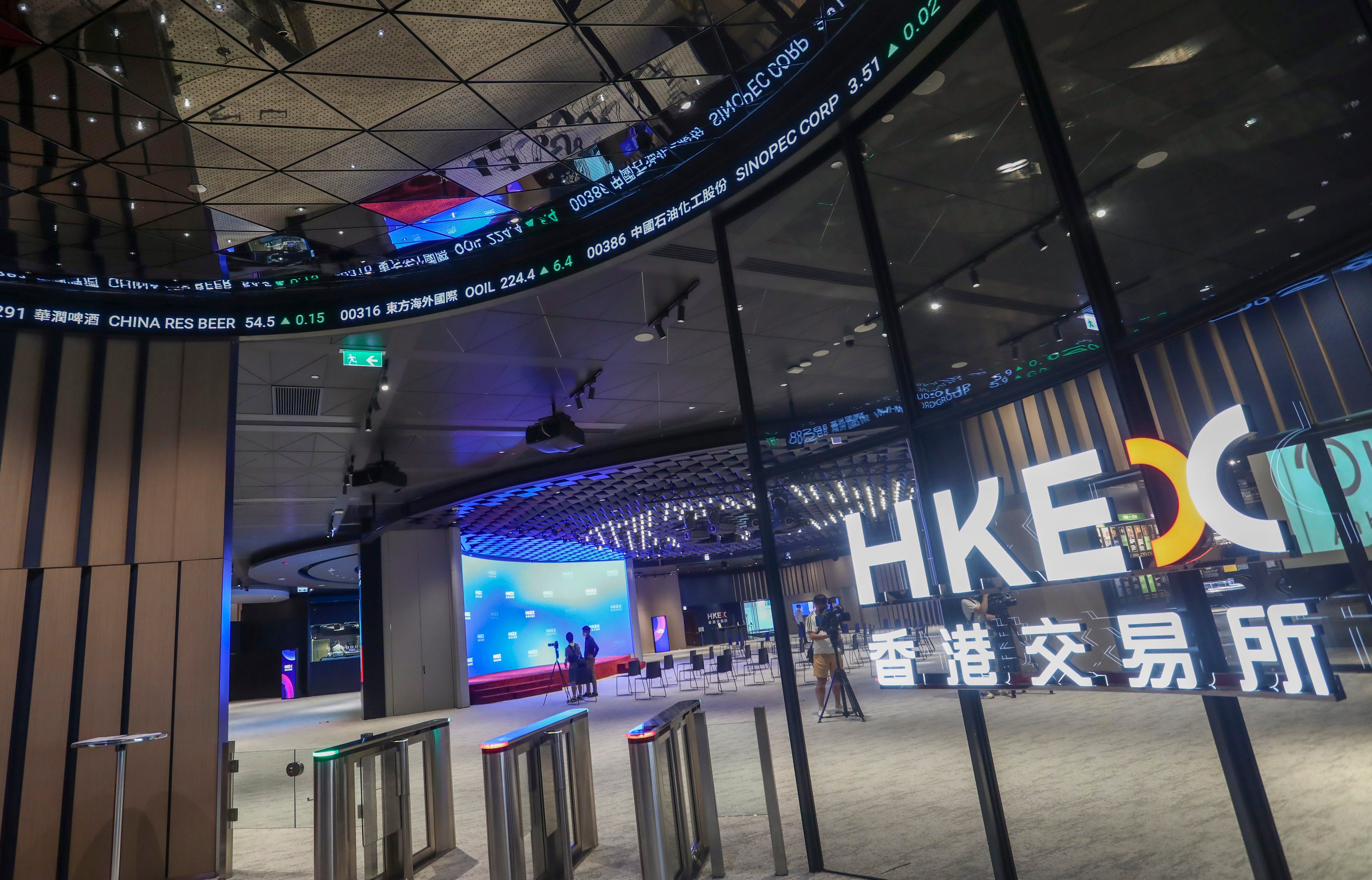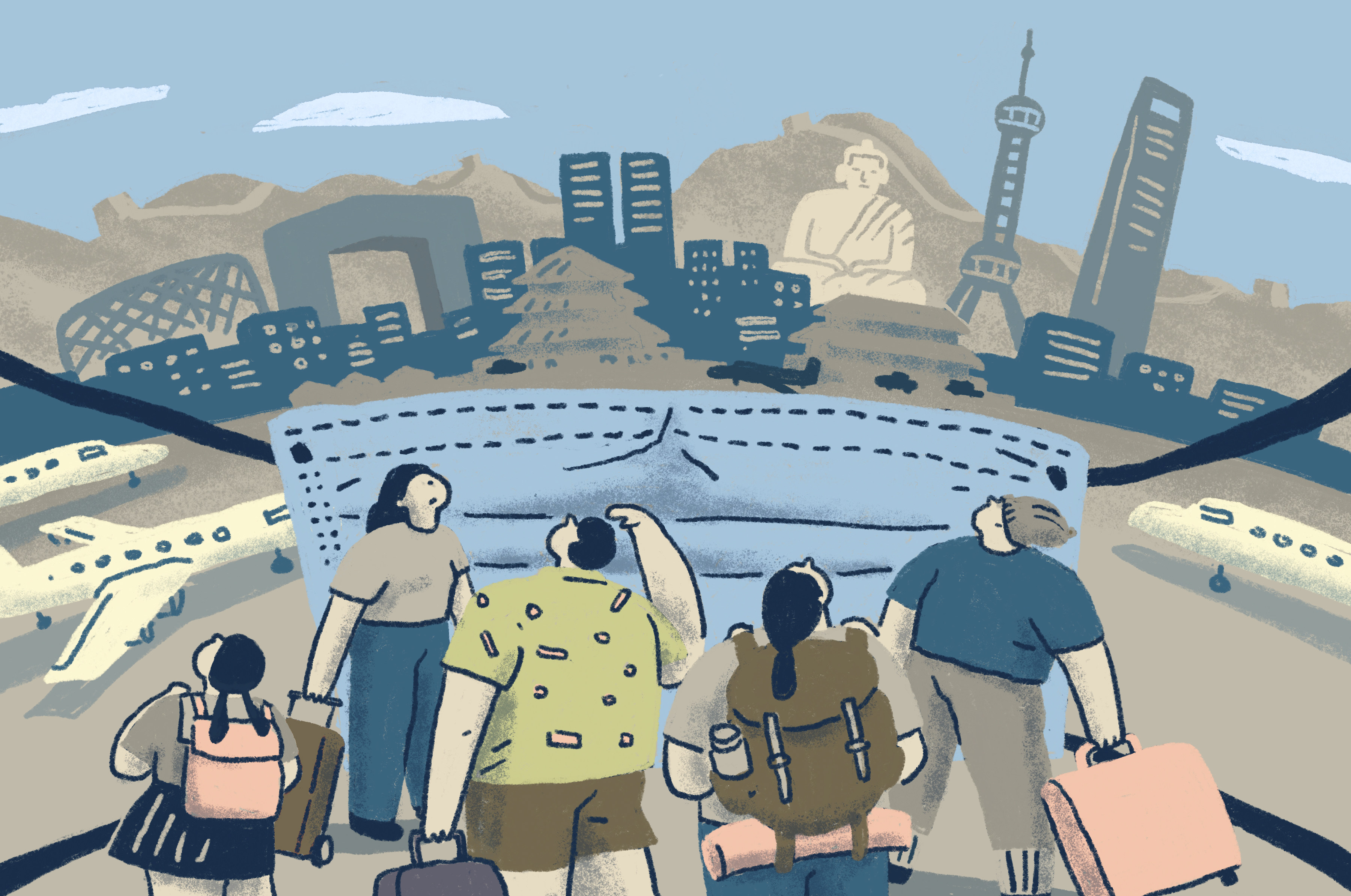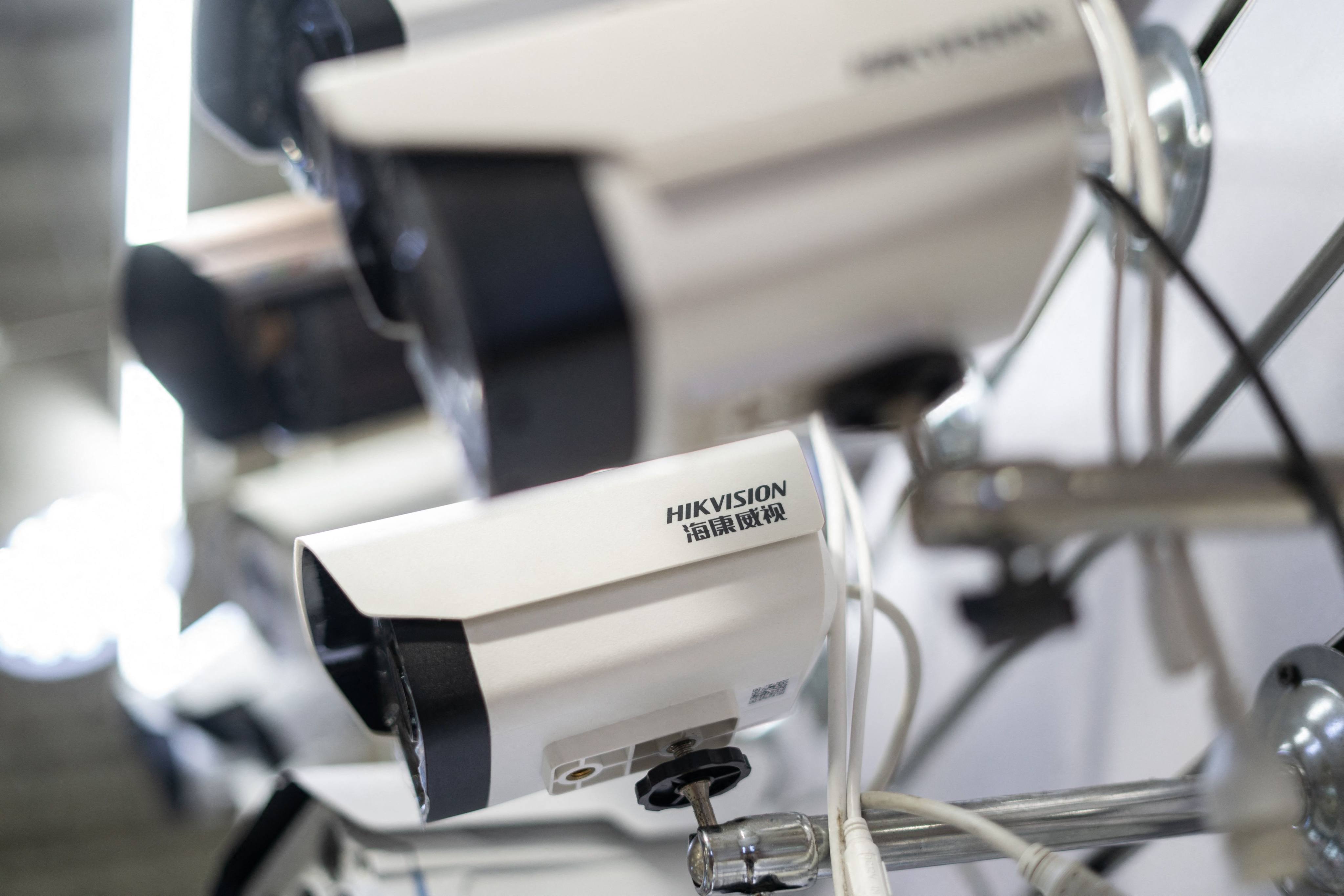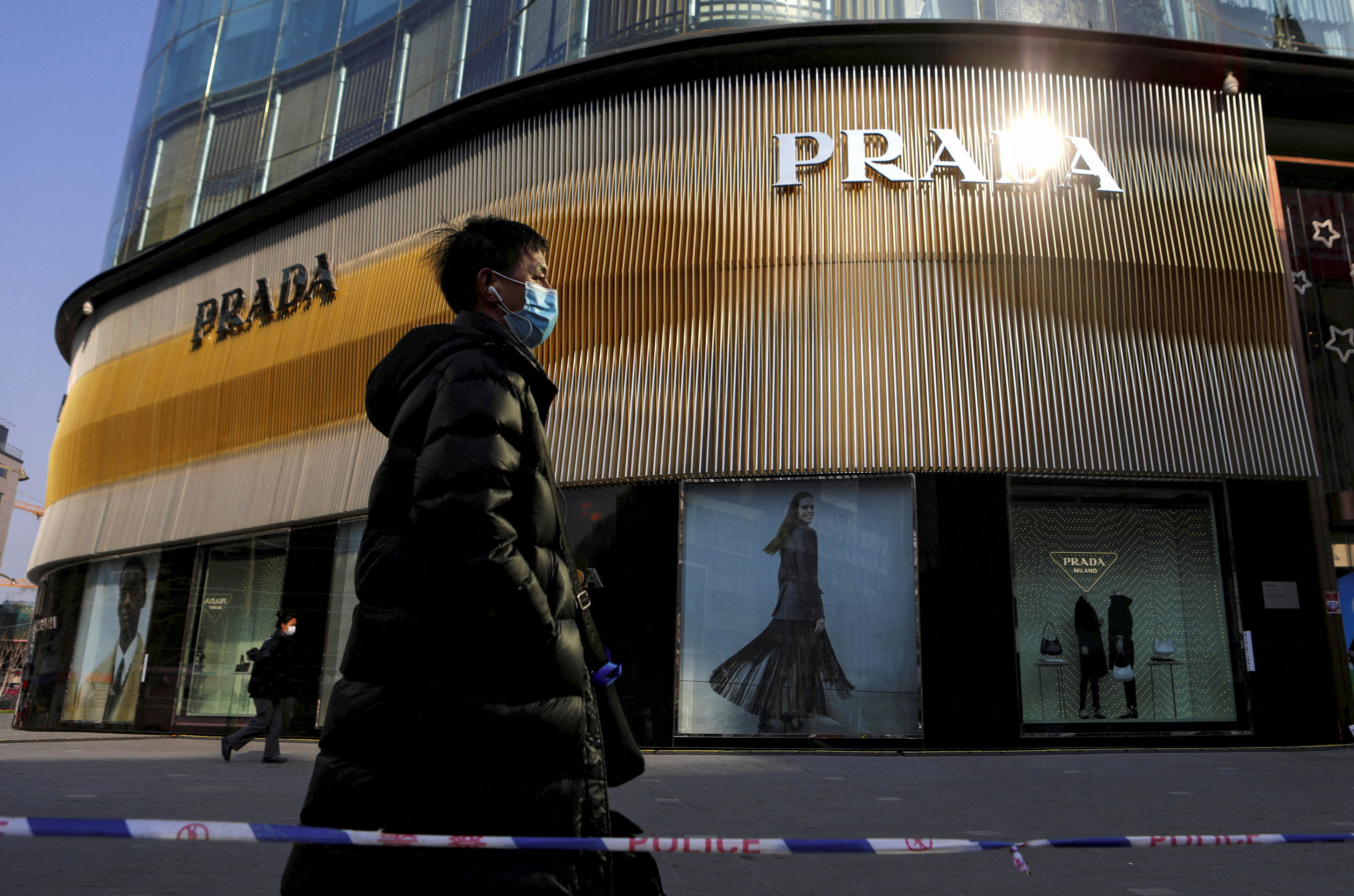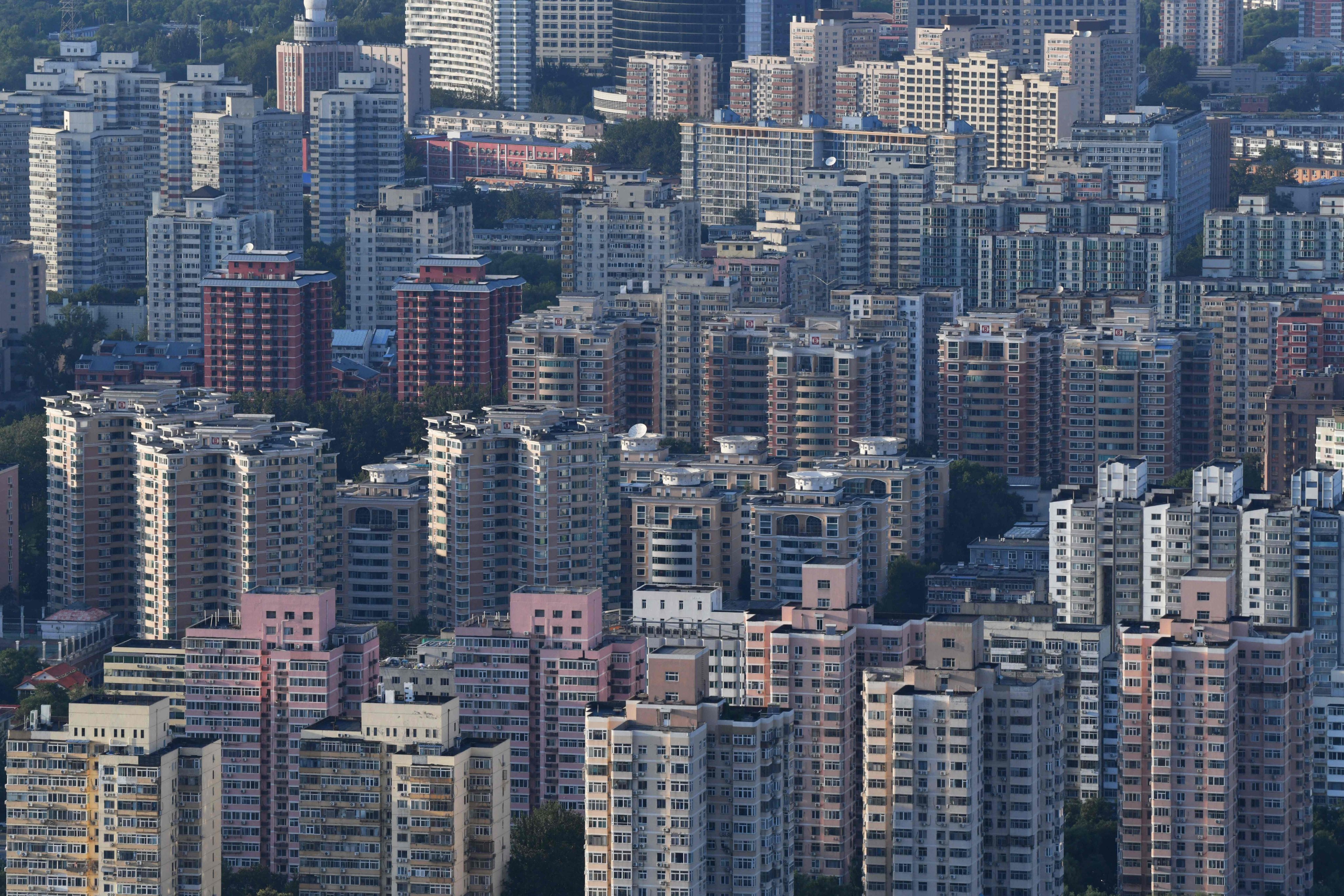Advertisement
Advertisement

Yaling Jiang
Reporter, Tech
Yaling Jiang is a Shanghai-based technology reporter at the Post. She previously covered consumer-facing businesses that include fashion, beauty, art and food with a focus on China. Before graduating from Columbia Journalism School, she had been a translator in her previous career.
Featuring over 300 pieces, the show draws inspiration from Chinese dragons, antiques and motifs, and highlights the use of lesser-known traditional Chinese techniques in the works of Cartier.
The remote sensing specialist uses satellites to save endangered wild camels in Gobi desert, and the award will go towards 40 new trackers and setting up 2 conservation zones
Running at Shanghai’s West Bund art hub until January 21, the exhibition takes visitors on a journey through the Italian fashion house’s 110-year history
The ‘efficiency, reliability and predictability’ of the China market have been called into question, the European Union Chamber of Commerce says. Yet business leaders still express ‘unwavering confidence’ in their growth prospects in China.
Advertisement
The value of deals signed during the six-day China International Import Expo in Shanghai rose 3.9 per cent year on year to US$73.5 billion. There were 100 fewer exhibitors and 19,000 less visitors versus last year.
Foreign companies are increasingly working with Chinese brands, but some have also tied up with state-owned companies to target the nation’s 1.4 billion consumers.
German exhibitors at import trade fair are optimistic of improving trade ties between China and Germany in wake of Chancellor’s visit to Beijing.
While sustainability seems to be the predominant theme at the China International Import Expo in Shanghai, not everyone is on board with the idea of green living.
The electric car giant drew large crowds at the China International Import Expo on Sunday, indicating soured relations between Beijing and Washington have not undermined demand in the mainland.
Carrat is a piece of wearable tech in the form of a stylish bracelet with a connected mobile app, which alerts emergency contacts once activated.
Western auction houses are strengthening their presence in China, the world’s second-largest art market, to woo the growing horde of art collectors on the mainland.
The president was speaking at the start of the China International Import Expo, where some 3,000 foreign companies will display their latest products and technologies, up 3.4 per cent from last year.
Luxury brands are putting more effort into so-called new first-tier cities, where housing prices aren’t as high and consumers have more disposable income, an analyst says
The decline in China’s housing market exacerbates the crisis in the property market, where sales have slowed to a trickle due to the combination of a slowing economy and an ongoing mortgage boycott by borrowers.
The downbeat survey, released as Shanghai still faces sporadic lockdowns, reflects how restrictions have threatened all aspects of business operations in China’s commercial hub.
Starbucks opened its 6,000th China store in September, but faces new domestic and international rivals in a saturated market where the pandemic altered the competitive dynamics.
Apple’s latest supplier listing signals a gradual move to diversify its manufacturing network beyond China to countries like India and Vietnam.
Austin Jiaqi Li, China’s ‘Lipstick King’, has gone from yelling ‘buy, buy, buy’ into the camera to advocating that Chinese consumers ‘shop consciously’.
Web3 security firms are offering tools like browser extensions and blockchain blacklists to help users in China protect themselves when the law does not.
The Chinese tech billionaire settled with former University of Minnesota student Liu Jingyao a day before a jury trial in the United States.
The People’s Bank of China touted its success in curbing onshore transactions of digital assets in a WeChat post on Monday.
Contradictions are everywhere in Shanghai, a commercial hub of 25 million people that emerged from a two-month lockdown in April and May – the city wants to encourage spending at night time, but it is unwavering in its strict zero-Covid policy.
The move marks a continuing trend among China’s major tech entrepreneurs to step back from corporate roles.
China Vanke’s unit Onewo is attracting big-name investors in an industry that has delivered much pain in the Hong Kong stock market over the past two years
Luxury brands are finding ways to be creative in the developing metaverse in China, without overstepping legal red lines.
The Mid-Autumn Festival brought more bad news for the travel sector, and the coming Golden Week period will not help either, experts say.
Hikvision is the second Chinese company that felt compelled to speak out on the US government’s move to stop Nvidia and AMD from selling their flagship artificial intelligence chips to clients in China.
A Shanghai start-up recognised with an innovation award is now seen as a potential domestic substitute after Nvidia and AMD were restricted from exporting high-end GPUs to China.
Since 2020, factors such as Beijing’s zero-Covid policy, the crisis in the property sector and a huge number of lay-offs appear to have stirred up an increasing amount of self reflection among China’s young middle-class shoppers and suppressed their appetite for spending.
The average vacancy rate in mainland China is 12.1 per cent, according to the Beike Research Institute, creating a ‘risky’ situation in which millions of unoccupied units could flood the crumbling market.

